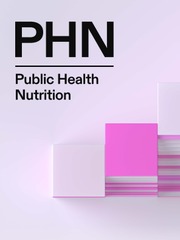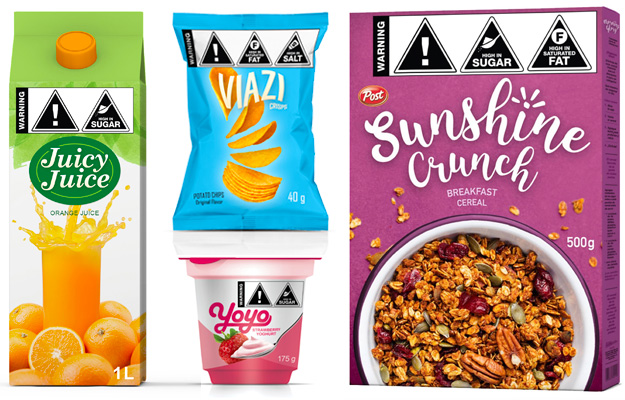A new study published in Public Health Nutrition examining the snack food environment in South African supermarkets reveals that ultra-processed, high-sugar, and high-sodium snacks are overwhelmingly available and aggressively marketed to consumers.
Conducted by researchers at the University of the Western Cape in South Africa and the University of North Carolina at Chapel Hill, this cross-sectional study evaluated nearly 4,000 snack products across major supermarkets in three suburbs of Cape Town. They found that 89% of these products were high in nutrients linked to negative health outcomes, including added sugar, saturated fat, and sodium. The study also highlights the role of in-store marketing strategies in driving consumer exposure to unhealthy snacks. Researchers found that supermarkets strategically position products throughout the store, including at entrances, checkout counters, high-traffic areas, and displays to encourage impulse purchases and drive sales. Ultra-processed packaged snacks were found at the checkout counters in all eight stores included in the study.

These findings underscore a pressing need for regulatory action to curb the in-store marketing of ultra-processed snacks in South Africa, where the prevalence of unhealthy snack options could contribute to rising diet-related health issues. By spotlighting the current supermarket environment, which prioritizes the accessibility and appeal of nutrient-poor snacks, the researchers make a case for policies that would encourage healthier dietary choices through targeted restrictions on unhealthy product promotions. This work is essential for informing policy changes that would create a more health-supportive food environment for South African consumers.
“Our research highlights a troubling reality in South African supermarkets: Ultra-processed snacks, which are often high in sugar, salt, and unhealthy fats, are not only widely available but also prominently marketed in ways that drive consumer demand,” said Sharna Lee Solomon, MPH, researcher and dietitian at the School of Public Health at the University of the Western Cape in South Africa and the study’s first author. “By implementing policies to reduce exposure to these products, we can work toward a healthier food environment that supports better health outcomes across communities.”

Interviews with store managers demonstrated that they held a common view that their stores encouraged consumers to make healthy decisions, which contrasted with the study’s findings. It is evident that there is a gap between their perceptions and scientific recommendations on what constitutes a healthy food environment. Additionally, researchers found that many store managers receive incentives from manufacturers, such as free stock or cash, in exchange for prioritizing the display of specific products in prominent locations. This practice, known as “slotting fees,” often gives ultra-processed foods an unfair advantage over healthier options, shaping consumer purchasing patterns and ultimately influencing dietary choices in low-income communities.
Draft regulation R3337 from the National Department of Health, which would mandate front-of-package warning labels on products high in nutrients of health concern, could be an effective tool for steering consumers toward healthier choices. This regulation aims to help consumers quickly identify products high in unhealthy ingredients and encourage companies to reformulate their offerings. However, this new research suggests that labeling alone may not be enough. A holistic approach, including reduced in-store marketing of unhealthy products and greater incentives for healthy choices, could be essential for more meaningful change.
“Improving the food environment in South Africa’s supermarkets requires a unified effort from policymakers, retailers, and consumers alike,” said Solomon. “Reducing the visibility and marketing of ultra-processed snacks, while making healthier options more accessible, can lead to significant progress in addressing diet-related health issues.”
This research was funded by Bloomberg Philanthropies. Financial assistance in the form of a master’s bursary of the National Research Foundation is also acknowledged.
STUDY 1 AUTHORS
Sharna Lee Solomon
Tamryn Frank
Shu Wen Ng
Elizabeth C. Swart
Read more in Public Health Nutrition

MORE RESEARCH FROM SOUTH AFRICA:
Ultra-processed products make up nearly half of low-income South African adults’ diets Read more…
Nutrient warning labels work in South Africa: Results from a randomized controlled trial Read more…
Most South African breakfast cereal feature child-directed marketing Read more…


